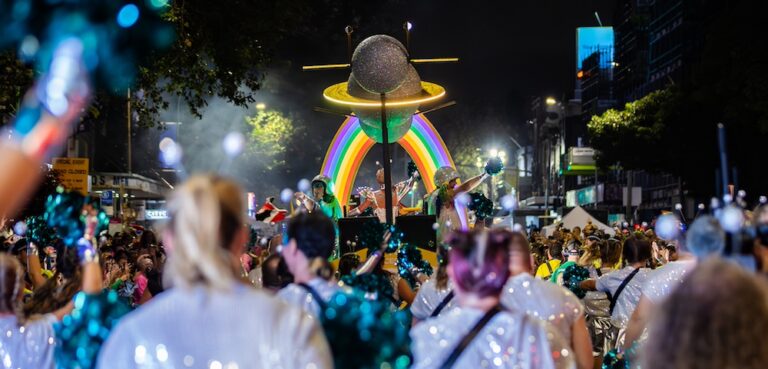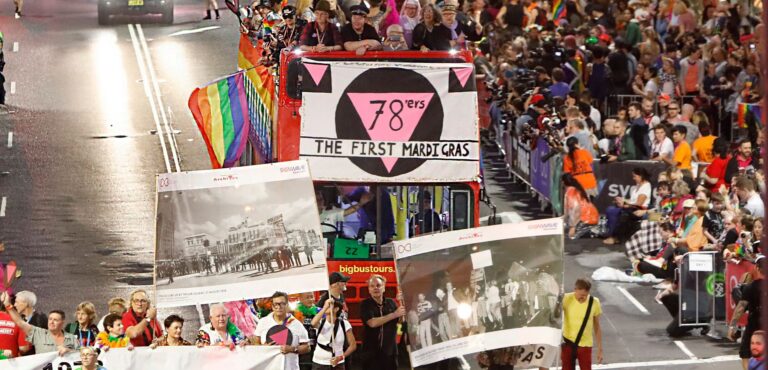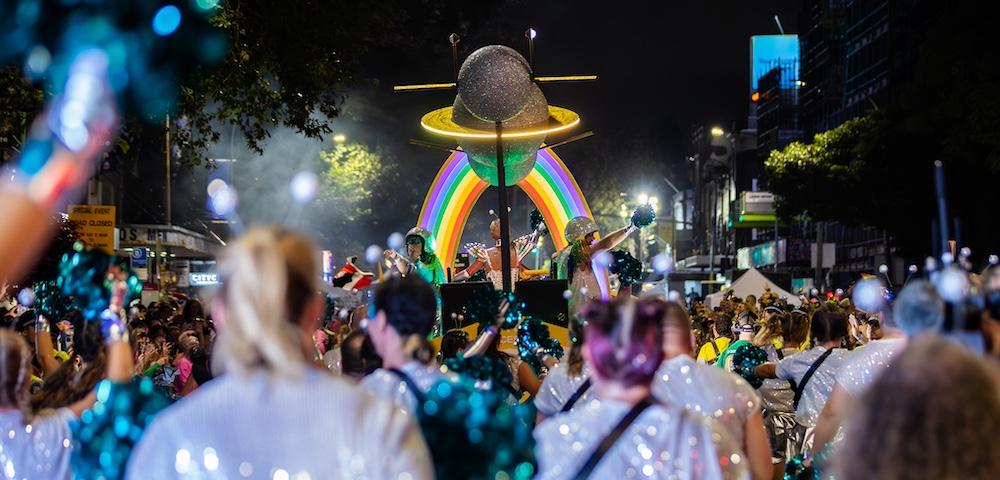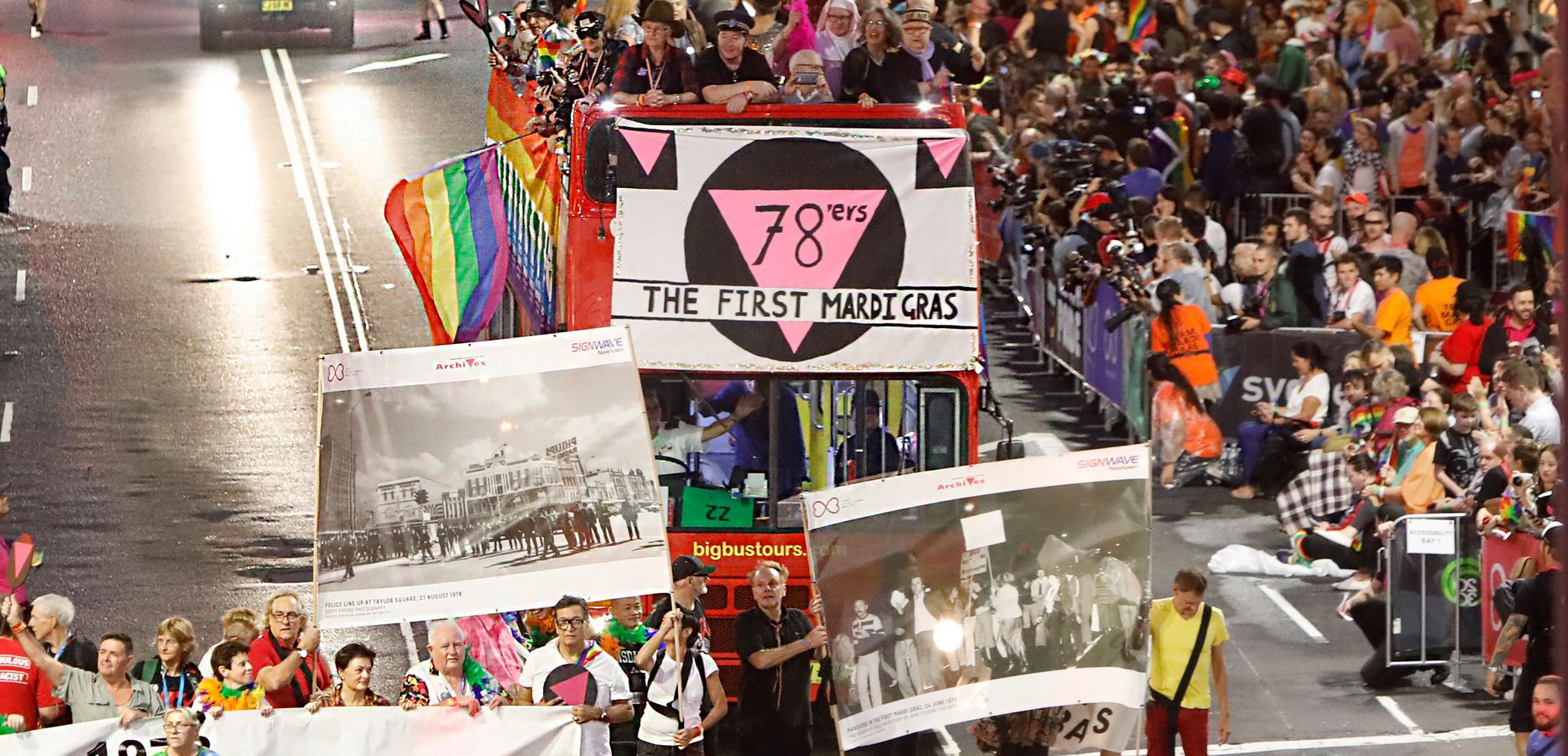
Rotorua: hot stuff coming through
There’s no masking the smell: it’s a blanketing, nostril-invading olfactory assault, like the stench of day-old curried egg sandwiches. It hits you a short distance out from the city of Rotorua, and although over the course of your stay you may find yourself adjusting to it, you’ll never find it pleasant.
It’s the smell of battle between the earth’s surface and what lies beneath: a constant friction that bubbles the mud and sends geysers shooting up into the sky.
But such activity is not isolated. Underworld steam escapes everywhere in Rotorua. You’ll see it hissing out of stormwater drains, snaking up from parks and rising from the side of the road. The ground seems ruptured, porous and unstable, as if one monstrous earthquake would see the entire place subsumed by the earth’s mantle.
Then again, maybe that’s just me being dramatic. The locals seem unperturbed by all the geothermal goings-on, content to ignore the downsides (that smell) and make use of the upsides (cheap steam heating).
Although naturally heated pools and baths abound in Rotorua (most motels seem to have them), the largest such establishment is the Polynesian Pools, which features a number of pools set at different temperatures. On a crisp winter’s evening, the race from one pool to another is diabolically chilly, but the relief you feel slipping into a new steaming pool is immense, and thankfully, immediate. (It should also be noted that Rotorua is a town without a gay bar, so if you are in the mood for cruising, a trip to the Polynesian Pools could be your best bet.)
The Maori village of Whakarewarewa is one of Rotorua’s hotspots (it’s a lame pun, I know). Guided tours are frequent, and will take you to steaming pools, bubbling mud and within safe distance of the mighty Pohutu geyser. You can also discover other geothermic oddities -“ like lakes that are suspiciously green -“ for yourself.
The guided tours generally end in one of the village’s craft shops, where you will be taught a little bit of Maori history and not-so-subtly encouraged to buy a souvenir.
Whakarewarewa is a village where people make their homes, it should be remembered. (It was hard to forget this fact when I visited: one of the local youths was playing the greatest hits of Rage Against The Machine at full volume on his stereo. It’s a good thing I like the band.) The villagers themselves come together to put on a concert several times a day for the visitors. It’s tacky and touristy in some parts, genuinely interesting in others -“ and yes, the men even do a haka.
Later, one of my travelling companions -“ Kiwi but not Maori -“ mused on the authenticity of the culture offered for consumption and entertainment at Whakarewarewa. He suggested that Maori culture was richer, and more interesting, than a visit to Whakarewarewa might lead you to believe.
But then, a visit to Rotorua is far more interesting than you might presume. Sure, it smells like Hell’s antechamber -“ but it has attractions like nowhere else on Earth.
David Mills travelled to New Zealand courtesy of Air New Zealand.
The editor of this page, Dominic O’Grady, is a director of Gay Travel Guides and publisher of the Gay New Zealand Guide. For more updates visit www.gaytravelguides.info.










